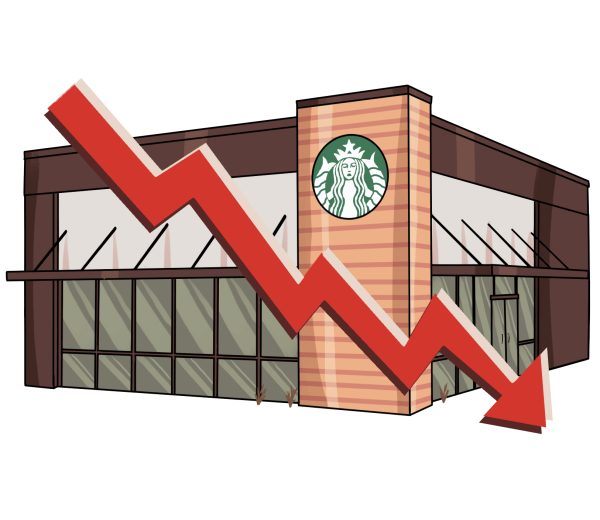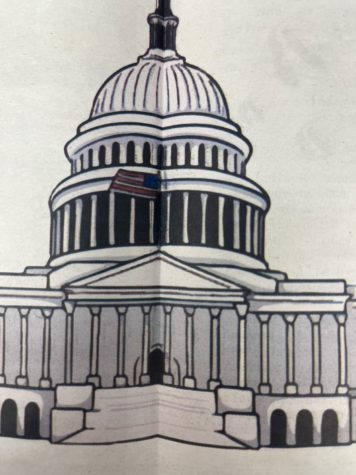Time for Change?
February 24, 2016
During the 2003-2004 school year, the Issaquah School District created a committee to discuss the issue of school start times, which ultimately resulted in no change. Recently, however, this issue has resurfaced, and the proposed bell time change has sparked heated debate in the Issaquah community. While many parents and students feel strongly that this change is vital for students’ health, others have brought up serious concerns with the proposal. Join the Patriot Press as we explore the potential change—and what it could mean for the Issaquah community.
“What really got the conversation about start times going was the American Pediatric Society’s big study, which said that teenagers are wired in a way that makes it really difficult to fall asleep before about eleven p.m.,” Issaquah School District superintendent Ron Thiele said. “But then, of course, we’re forcing you to get up [and be ready] for school by 7:25 a.m., and so you’re not able to get the eight to nine hours of recommended sleep.”
The APA’s study focused on the biological rhythm of teens’ sleep. Our bodies release chemicals that tell our brains what to do over a twenty-four hour cycle called a circadian rhythm, which, in humans, is best known for regulating sleep. Melatonin, the chemical that tells our brains that we’re ready for sleep, is produced about three hours later in teens than in children and adults. So biologically, teens tend not to get enough sleep because their natural circadian rhythms cause them to stay up until 11 p.m. or later. This combination of naturally staying up late and being forced to wake up early leads to inevitable loss of sleep in teenagers.
Many parents and students who advocate for later start times have cited this data as the major reason to change the current bell schedule. The proposed change would place high school students at a 9 a.m. start time, versus our current 7:25 a.m. start time.
“If you look at our Healthy Youth Survey data, Liberty students actually self-report that they get less than eight hours of sleep at a higher rate than the national average,” Thiele said.
The hours of sleep are not the only problem with our current bell schedule: teens naturally fall asleep later than children and adults. This issue, coupled with teens’ needed eight to nine hours of sleep, means that optimally they should be waking up at 8 a.m. or later. It’s not just the sleep time that matters; it’s when teenagers are sleeping.
Issaquah’s high school students are not the only ones who would benefit from the proposed change, although most of the discussion is centered on them due to the focus of the APA’s sleep reports.
“The research that says younger children do better at school in the morning has been around for a long time, which has been the focal point of the group that continually comes back to the district and asks about changing bell times,” principal Josh Almy said.
But the scientific research behind a start time change isn’t the only factor that needs to be considered in this decision. Almy expressed concern about possible academic and athletic impacts on students.
“With the extra hour on Wednesdays this and last year, I have noticed a pretty significant impact on activities and athletics on Wednesdays. We have a lot of kids who miss a lot of class when athletics are on Wednesdays,” Almy said. “I would say that is more impactful to the Liberty day, just based on our A/B schedule. If B days were on a Tuesday and a Thursday that week, and if that student had away games on those days, they would essentially miss a week of that class.”
Thiele says that students and parents are very concerned about the possible impact on students’ athletic practices.
“The concern that I’m hearing, as we have so many kids in after-school activities, clubs, athletics, kids with jobs, kids that volunteer after school, is that it could be very difficult to do those things if you don’t get out of school before 4 p.m.,” Thiele said. “Our days are very short. You all come to school in the dark. The fear is that it will have a negative impact on what happens after the school day.”
Furthermore, Almy stressed the issue of transportation, and how Issaquah in particular needs to carefully consider the bussing system in relation to a change in start times.
“What it comes down to in the Issaquah School District as opposed to other districts is that our district is so large in area, we’re on a two tiered bus schedule,” Almy said. “That’s the cost effective way that we can provide transportation for our students. Having one group of students start earlier and one group start later is a reality that our district deals with.”
The Bellevue School District, which just recently voted to start schools later in the 2016-2017 school year, provides education for about the same number of students as the Issaquah School District does. However, Bellevue has different transportation needs than Issaquah. Bellevue’s middle and high school students take a metro bus to school, allowing the school district to make a switch to 8:30 a.m. instead of the 9 a.m. start proposed by Issaquah.
“We put out a very specific proposal that could accomplish what the American Pediatric Association recommended, which is that no school start prior to 8:30 a.m., and that would work with our bussing system,” Thiele said. “So I was looking for a way to start high schools after 8:30, but I also had a concern about having no school get out before 4:00.”
Teachers have concerns about transportation as well. A later start time also means a later end time, which pushes teachers outside the district right into rush hour traffic. This could potentially force teachers to leave the ISD and find schools closer to their homes.
“Forty-one percent of our secondary staff live outside of the district because the median income of a home here is a lot higher than most teachers can afford,” psychology teacher Kayla Phillips said. “We’re going to run into traffic in the afternoon, and our routines right now are going to have to shift in a huge way.”
The decision about later start times will ultimately be made by Superintendent Thiele on March 1. Students can contribute their voices to this discussion by taking the student survey on Friday, February 12. Since students will be significantly impacted by this decision, Almy says that it’s important for them to give their input.
“I believe that the feedback that secondary students will be giving will weigh heavily on whatever decision the superintendent makes,” Almy said. “If there was an overwhelming majority from the survey, I would say that the superintendent would listen to that loud and clear.”









